What is Harm Reduction Treatment?
Harm reduction treatment is a set of strategies that are aimed at reducing the negative consequences associated with the use of drugs. Harm reduction strategies were implemented in opposition to the hundred-year “war on drugs”, where the pervasive idea about treatment for addiction centered on the idea that in order to create incentives for change, we need to make individuals in recovery suffer. In a compelling Ted talk called “Everything you think you know about addiction is wrong”, Johann Hari spells out his understanding of current American society regarding our treatment of individuals in recovery: “We punish them, we shame them, we put barriers between them reconnecting… if you wanted to design a system that would make addiction worse, you would design that system.” Later in the talk he goes on to add, “the opposite of addiction is not sobriety. The opposite of addiction is connection”.
Harm reduction strategies are the answer to that call for connection, as the main objective is to reduce the rate of adverse events arising from substance abuse while also keeping people safe. These are policies, programs, and practices that aim to minimize the negative social, health and legal impacts that under the old system serve only to keep individuals trapped in the cycle of addiction rather than assist them with reintegration into society.
Although there is no universal formula for the implementation of harm reduction, at Peace Club, we have taken to the mantra, ”Doing whatever it takes to stay alive and well” including offering medication-assisted treatment, medication management, suboxone maintenance, peer-support groups, Sublicade, and vivitrol shots for our clients.
Principles
Harm reduction acknowledges that complete abstinence from drugs may not be realistic for everyone and that many people around the world will use drugs despite efforts by governments and organizations.
Core to the practice of harm reduction are the following principles:
Drug use is a part of our world and we therefore choose to work on minimizing its harmful effects rather than ignore them.
We believe that total abstinence is not the only way to address the issue of drug abuse, and that some ways of using drugs are much safer than others.
We feel that those in recovery should be able to have access to services without discrimination and judgment and should have input on the programs and policies designed to serve them.
We know that interpersonal factors such as poverty, trauma, racism, and discrimination can negatively impact one’s vulnerability and ability to deal with drug use consequences and that oftentimes the best support comes from others in recovery. Therefore, they should be empowered to share information, experiences, and support with one another.
We also acknowledge that it is not beneficial to minimize or ignore the real harm and danger associated with drug use.
At Peace Club, we embody this mission in a number of important ways:
· Our ultimate goal is to keep people alive while protecting their health. Since this approach is more facilitative than coercive, our aim is to promote positive change no matter how small.
· We seek to improve drug laws and policies to ensure that they are not unfavorable to the well-being of those using drugs and their communities.
· We believe that access to quality, evidence-based prevention, and treatment programs is important and serves a vital role in the community.
Will it work?
Of course, the harm reduction model has its fair share of criticism, as many believe that an individual with a clouded judgment will still seek out substances. Others still believe that removing obstacles for those in addiction will only serve to keep them stuck and promote drug use further.
However, if it is any indication how the past hundred years have served and led the way to today’s “opioid crisis”, we are in dire need of some new strategies. If we look outside of our own experience to places where harm reduction techniques are being implemented in large-scale efforts, we are learning slowly but surely it truly is connection that is healing communities, not shame.
We understand that our belief in harm reduction strategies can be controversial, but believe that it is an essential part of the conversation. We want to hear what you think, comment below or check in with us on social media and share your reactions.
Resources
Hari , J. (2015, July). Everything you think you know about addiction is wrong [Video]. TED Conferences. https://www.ted.com/talks/johann_hari_everything_you_think_you_know_about_addiction_is_wrong/transcript


